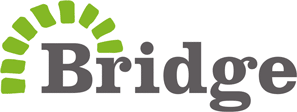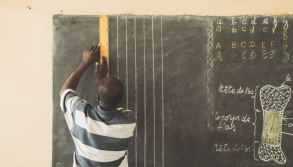Using mobile connections to create a more skilled world
26 March 2018
Speaking at the 9th Award Ceremony for the 2017 UNESCO King Hamad Bin Isa Al-Khalifa Prize this month, Director-General of UNESCO Audrey Azoulay remarked: “In a world where technology carries impact on every facet of our lives, we cannot conceive education without innovation.” She added, “we must share the most innovative and efficient pedagogical practices to live up to this challenge – that of quality and access.” Such is the theme at this year’s UNESCO Mobile Learning Week (MLW) in Paris, focused on “Skills for a Connected World.”
As the MLW literature quite rightly acknowledges: “To thrive in the connected economy and society, digital skills are not sufficient; they must function in concert with other complementary cognitive and non-cognitive skills such as strong literacy and numeracy skills.” Strong literacy and numeracy skills must come alongside the digital revolution if its to be successful. This is challenging conundrum when we know that over 600 million children of school age are either not learning the minimum in reading and maths or out-of-school entirely — victims of the so called ‘Learning Crisis’.
Further, the World Bank (2017) revealed that in places like Sub-Saharan Africa, “large shares of teachers do not master the curricula of the students they are teaching; basic pedagogical knowledge is low; and the use of good teaching practices is rare.” With teacher competency key to learning outcomes — it’s easy to see why enhanced support, training and materials is needed for teachers to even begin solving our global learning crisis. Only when the parallel necessity of ensuring education is delivering strong literacy and numeracy outcomes can we deliver skills for a connected world.
Bridge is focused on developing and utilising digital connections to both enhance cognitive and non cognitive skills and develop digital skills, working in some of the most marginalised communities anywhere in the world. Our e-learning platform, which delivers lessons plans using teacher guides, was designed from scratch to work over 2G; the mobile data standard that the International Telecommunication Union enthusiastically termed as being “near ubiquitous” in 2016, when they revealed it was available to 95% of the planet. By building a platform potentially accessible to 95% of the world – or seven billion people – we are well placed to deliver a learning revolution to some — if not all — of the 387 million children of primary school age who are not learning the minimum in reading and maths; plus the further 263 million who don’t go to school at all.
Our teacher guides are used in all of our classrooms no matter how remote, and are an effective and proven method of increasing learning outcomes. They are particularly effective in the context of developing countries where even certified teachers can frequently struggle with core competencies. By utilising mobile technology, we are able to iterate and adapt our lesson plans; gather feedback on both attainment and attendance in near real-time and incorporate the latest in pedagogical thinking on how pupils and teachers learn. Mobile connections and a digitally connected network is enabling us to upskill teachers and thereby improve learning outcomes.
In addition to receiving extensive training and ongoing support, our teachers are able to download and deliver high-quality lesson plans with even the most basic digital literacy. Our teachers develop strong identities as professionals, engaged in the process and delivery of learning and are motivated by the use our guides, which even in low-resource environments can give unique access to new content, materials, colleagues and a variety of new learning experiences.
Teacher Creswel, at a Bridge school in Nigeria says: “e-learning gives the new experience not only to the pupils, but also to the teachers” adding “It even teaches us things that we don’t know, because it is it is written by scholars and experts.”
From an organisational perspective, the use of guides allows an evidence-based approach to teacher training so that our methods are as effective as possible, based on current studies and findings. The outcome is an empowered and confident teacher who is able to guide and motivate pupils to try their best and be active learners.
Bridge’s confident and empowered teachers are creating confident and empowered learners with an emerging and strong track record of remarkable learning gains. Impressively in Liberia, pupils at Bridge Partnership Schools for Liberia were learning twice as quickly as their peers in non-PSL schools — the equivalent of a while additional year of schooling.
As UNESCO’s Mobile Learning Week gets underway in Paris to discuss the skills necessary to realise the future potential of technology and to thrive in the changing economy of tomorrow, we hope that their conversations extend to utilising mobile technology to enable the basic literacy and numeracy necessary to provide a foundation for digital literacy.
Let’s not forget the millions of teachers – and children – who stand to benefit from technology today.









